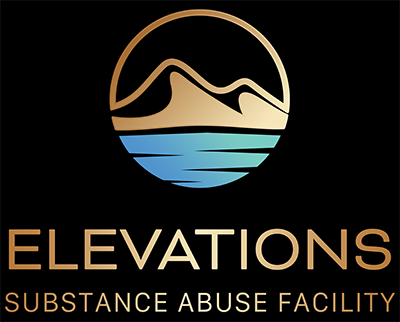How Long Is Rehab? Understanding Treatment Duration
Deciding to seek treatment for addiction is a significant step towards reclaiming your life and embracing a healthier future. As you embark on this journey, one question that may arise is, “How long is rehab?” Understanding the duration of rehab is essential for individuals considering treatment and their loved ones. In this blog post, we’ll explore the various factors that influence the length of rehab programs and why personalized treatment plans are crucial for successful recovery.
Understanding the Varied Duration of Rehab
Rehabilitation programs can vary significantly in duration, depending on individual needs and the type of program. Inpatient/residential rehab typically involves staying at a treatment facility for an extended period, ranging from 30 to 90 days or longer. Outpatient programs offer more flexibility, with sessions scheduled several times a week for a few hours each day. Intensive outpatient programs (IOP) may require more frequent attendance, often for several hours each day.
Factors Influencing Rehab Duration
Several factors influence how long someone may need to stay in rehab. The severity of addiction, co-occurring mental health disorders, personal circumstances, and response to treatment all play a role in determining treatment length. For individuals with mild to moderate addiction, a shorter rehab program may suffice, while those with severe addiction or complex needs may benefit from a more extended stay.
Benefits of Longer Rehab Programs
While the duration of rehab may vary, longer programs offer several benefits. They provide more time for detoxification and stabilization, allowing individuals to address physical dependence and withdrawal symptoms safely. Longer rehab programs also offer greater opportunities for behavioral therapy and counseling, allowing individuals to delve deeper into the underlying causes of addiction and develop coping skills for long-term recovery.
Importance of Aftercare and Continued Support
Completing a rehab program is just the beginning of the recovery journey. Aftercare and ongoing support are crucial for maintaining sobriety and preventing relapse. Aftercare services, such as sober living homes, outpatient therapy, support groups, and alumni programs, provide ongoing support and guidance as individuals transition back to their daily lives.
Conclusion
The duration of rehab can vary based on individual needs, addiction severity, and treatment response. Understanding the factors that influence treatment length is essential for making informed decisions about addiction treatment. At Elevations Substance Abuse Facility, we offer personalized treatment plans tailored to each individual’s unique needs, ensuring the most effective path to recovery. If you or a loved one is ready to take the first step towards healing, contact us today to learn more about our rehab programs and how we can support you on your journey to recovery.
Start Your Journey

